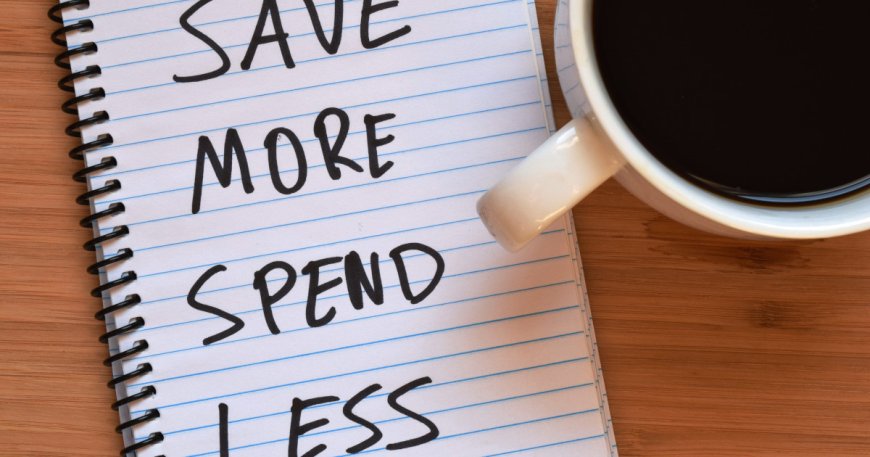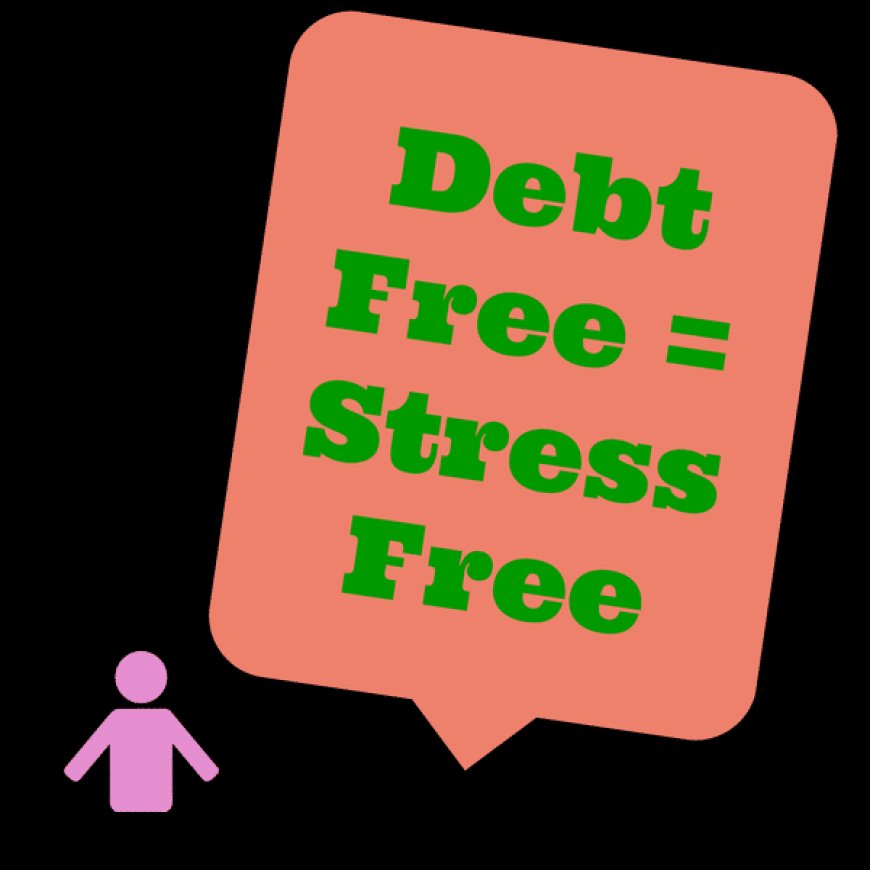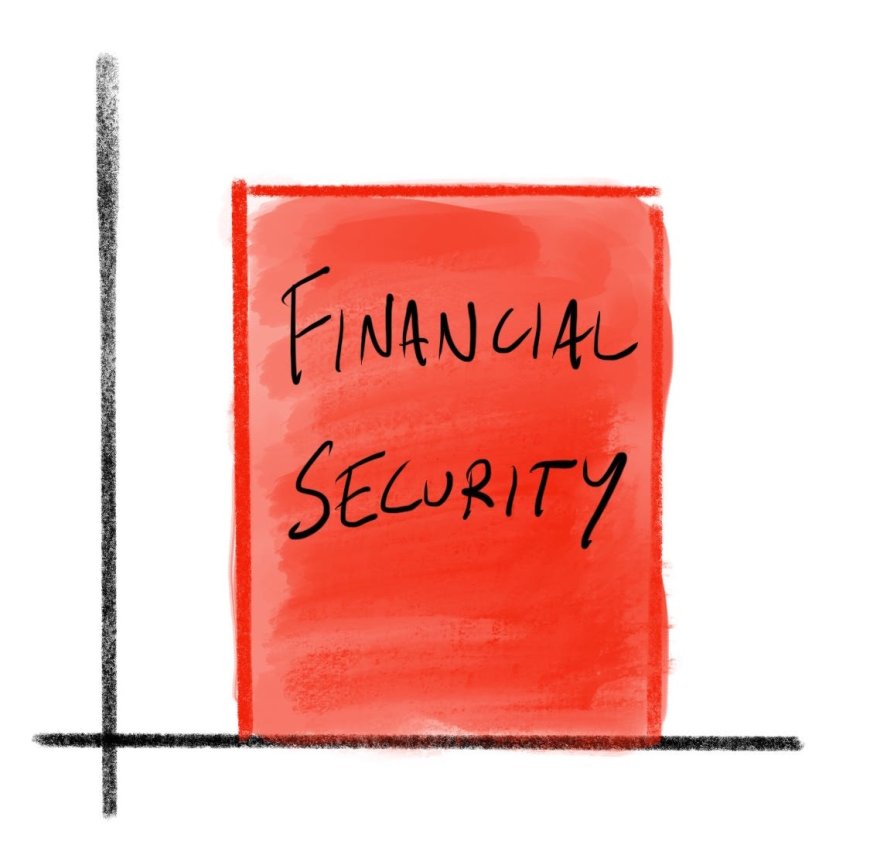How Spending Less Can Bring More Happiness

In our consumerist culture, we are constantly bombarded with messages telling us that more stuff equals more happiness. Advertisements convince us that the latest gadget, trendiest clothes, or fanciest car will finally make us content. But the truth is, a lifetime of research shows that after meeting our basic needs, additional income and material possessions provide a diminishing return on happiness.
The happiest people aren't the richest people with the biggest houses and most toys. Instead, those who spend their money purposefully on things that truly add value to their lives report higher levels of life satisfaction. By being more mindful about our spending and embracing a "less is more" mentality, we can cut through the clutter and focus on what really matters. Here's why spending less can lead to greater happiness:
Less Debt, Less Stress
For most people, the biggest things they spend money on are housing, transportation, and debt payments. The more you owe on mortgages, auto loans, credit cards, and student loans, the more your income is already spoken for each month. This lack of financial freedom creates anxiety and robs you of the flexibility to spend your money how you really want.

When you commit to spending less and paying down debt, you gain a tremendous weight off your shoulders. No more sleepless nights worrying about how to cover the minimum payments. No more dread when the bills arrive each month. Less debt frees up your income to spend more purposefully on yourpriorities and experiences that cultivate joy.
More Financial Security
One of the biggest drains on happiness is lack of financial security and fear about the future. Will you be able to keep your job? How will you cover expenses if you can't work? Do you have enough saved for retirement? These worries take a psychological toll.
By embracing a simpler lifestyle with lower expenses, it becomes much easier to build an emergency fund, max out retirement accounts, and achieve financial independence. Spending less provides a buffer and safety net to handle life's inevitable challenges without everything falling apart. This peace of mind relieves a major source of stress.
More Freedom and Options
Many people remain trapped in jobs or situations they dislike because they have overextended themselves with too many financial obligations and a lavish lifestyle they can't afford to lose. Their high spending has backed them into a corner.
On the other hand, those who keep their expenses low have far more freedom and options in life. It's easier for them to take career risks, start a business, go back to school, retire early, or move across the country. With fewer monthly costs, they have the flexibility to take a lower paying job that aligns with their values or purpose. Less spending buys you freedom.
More Appreciation for What You Have
When we're constantly acquiring more stuff, it becomes easy to take our current possessions for granted and always want an upgrade. This hedonic treadmill of pursuing happiness through material goods leaves us perpetually unsatisfied.
But when we stop the obsessive acquiring and learn to appreciate what we already have, our belongings take on more meaning. That sentimental item from your childhood, the furniture you bought with your first real paycheck, the winter coat that's kept you warm for years - all of it takes on deeper value when we're not rushing to replace it with something newer.

Buying less helps us savor our current lives instead of constantly seeking the next thing. It breeds gratitude rather than mindless consumption. And evidence shows practicing gratitude is a powerful key to happiness.
More Time and Less Clutter
In addition to the financial cost of buying more stuff, there's also the cost of time and space. Every new possession requires time to manage, clean, store, and eventually dispose of it. Our homes get cluttered and our schedules get filled with maintaining all our belongings. This leaves less time and energy to invest in the people and pursuits that really matter to us.
When you stop the inflow of new stuff, you instantly free up time and space in your life. You have less clutter distracting you from what's important. Less time wasted running errands or working to afford keeping up with the Joneses. More room to breathe and be present with loved ones. More space for whatever hobbies, projects, or pastimes bring you joy.
More Environmental Sustainability
From an ethical perspective, our obsession with consumption has taken a massive toll on the planet. The resources required to extract raw materials and manufacture all the new goods we buy each year is staggering. Then the emissions from transportation and eventual waste when we discard those things is an environmental catastrophe.
When we spend less and buy only what we truly need, we reduce our environmental footprint and demand for further resource depletion and habitat destruction. Living simply within our means is better for air quality, water supplies, biodiversity, and leaves a healthier world for future generations. This consciousness can provide a sense of fulfillment and meaning.
Fewer Comparisons and Jealousy
Social media and keeping up with the Joneses fuels a mindset of measuring our self-worth based on material goods. We start to envy the fancy vacations, new homes, expensive jewelry, and designer clothes our peers flaunt online. This breeds feelings of inadequacy, low self-esteem, and the urge to compensate by buying even more stuff.
But when we step off that treadmill of coveting what others have, the weight lifts off our shoulders. We stop comparing ourselves and can be content with our current circumstances. Less exposure to consumerism marketing reduces the artificial desire for things we don't really need. We feel happier by appreciating what we already have instead of chasing an illusion.
The bottom line is that possessions and money provide diminishing returns when it comes to happiness. Beyond securing basic needs and a comfortable lifestyle, piling up more stuff doesn't bring more satisfaction. In fact, it often causes the opposite by creating debt, clutter, time demands, and endless wanting for an upgrade.
By redefining success as needing less rather than always wanting more, we gain more control over our lives. We reduce financial anxiety and free up time and money to spend on whatever truly brings us meaning and joy - whether that's experiences, relationships, hobbies, or simply more breathing room.
So embrace spending less as a path to minimalism and living intentionally. Let go of the misguided belief that more is better. Genuinely ask yourself which expenditures add value to your life and which are excessive. Then realign your resources on your true priorities. In doing so, you may discover the simple life is a journey towards deeper, longer-lasting happiness.
What's Your Reaction?





















































